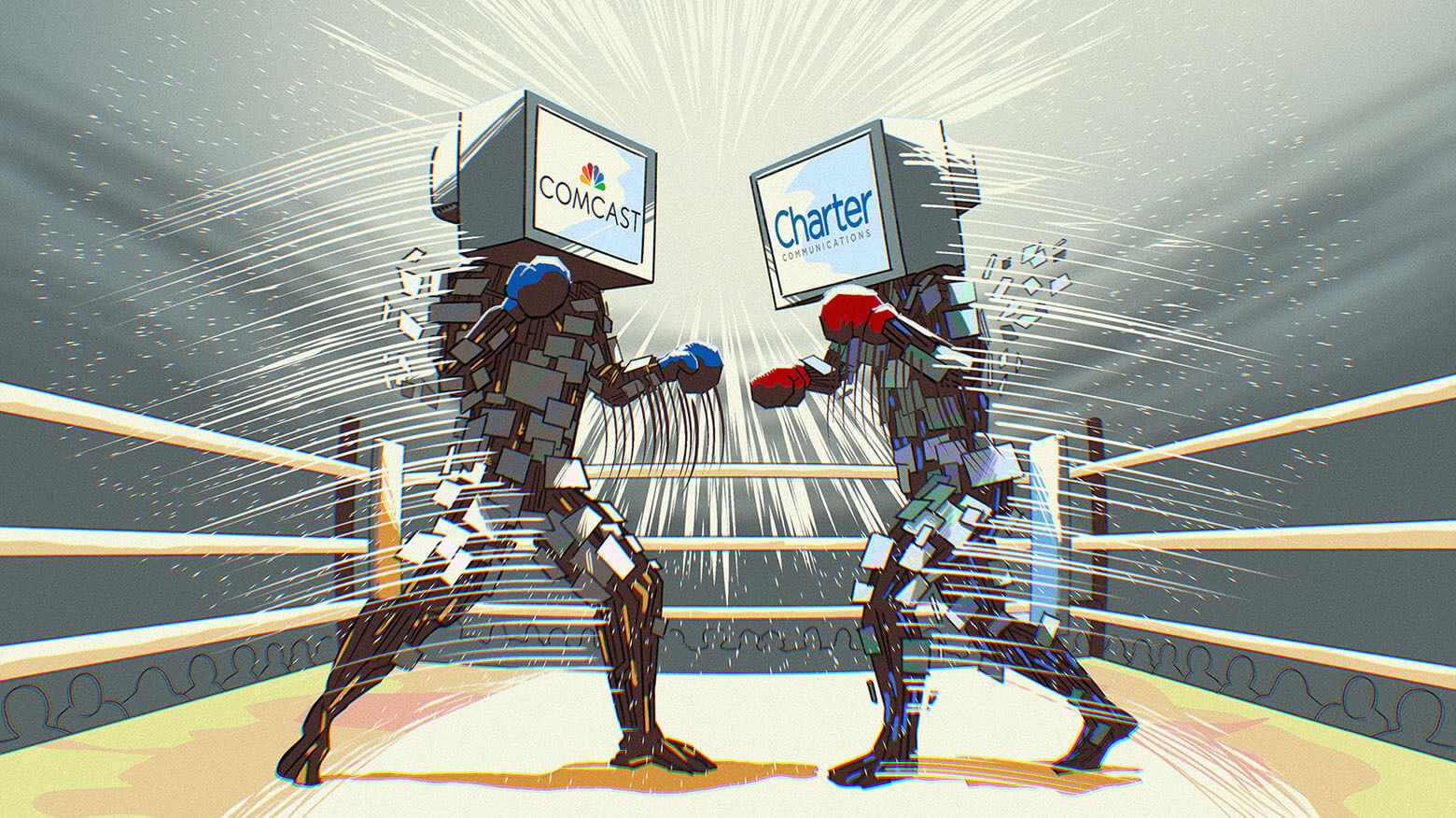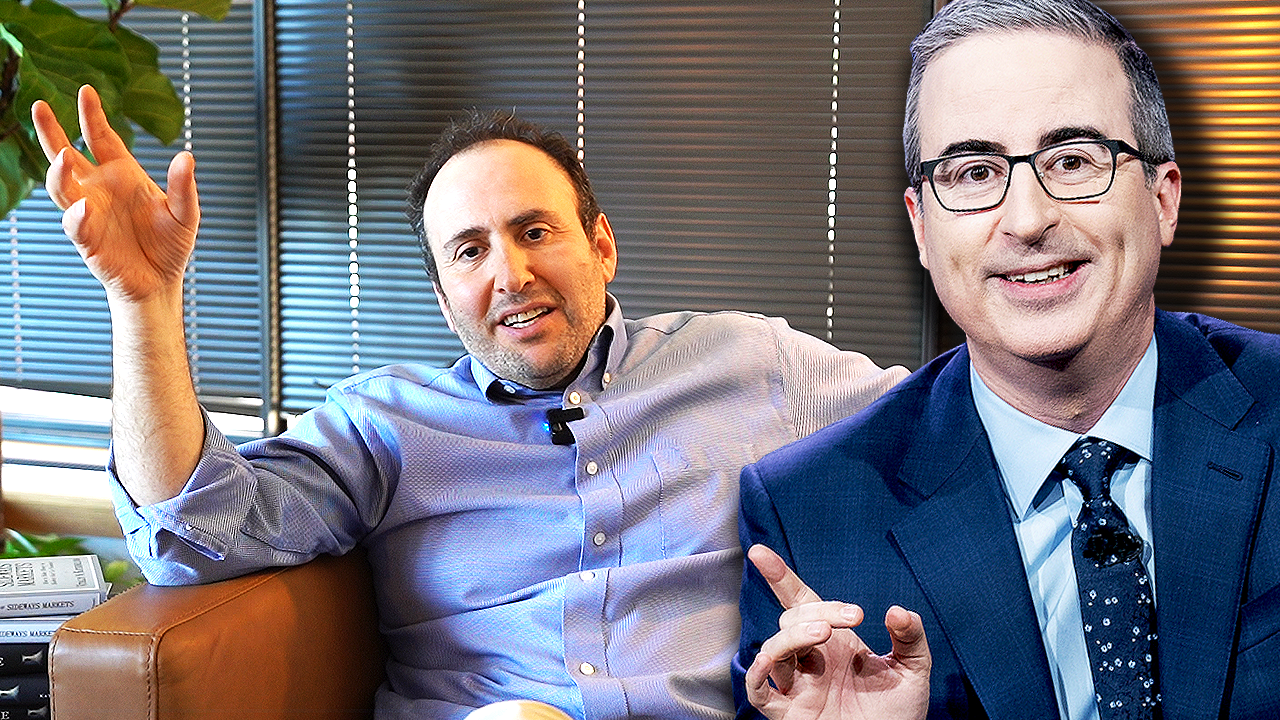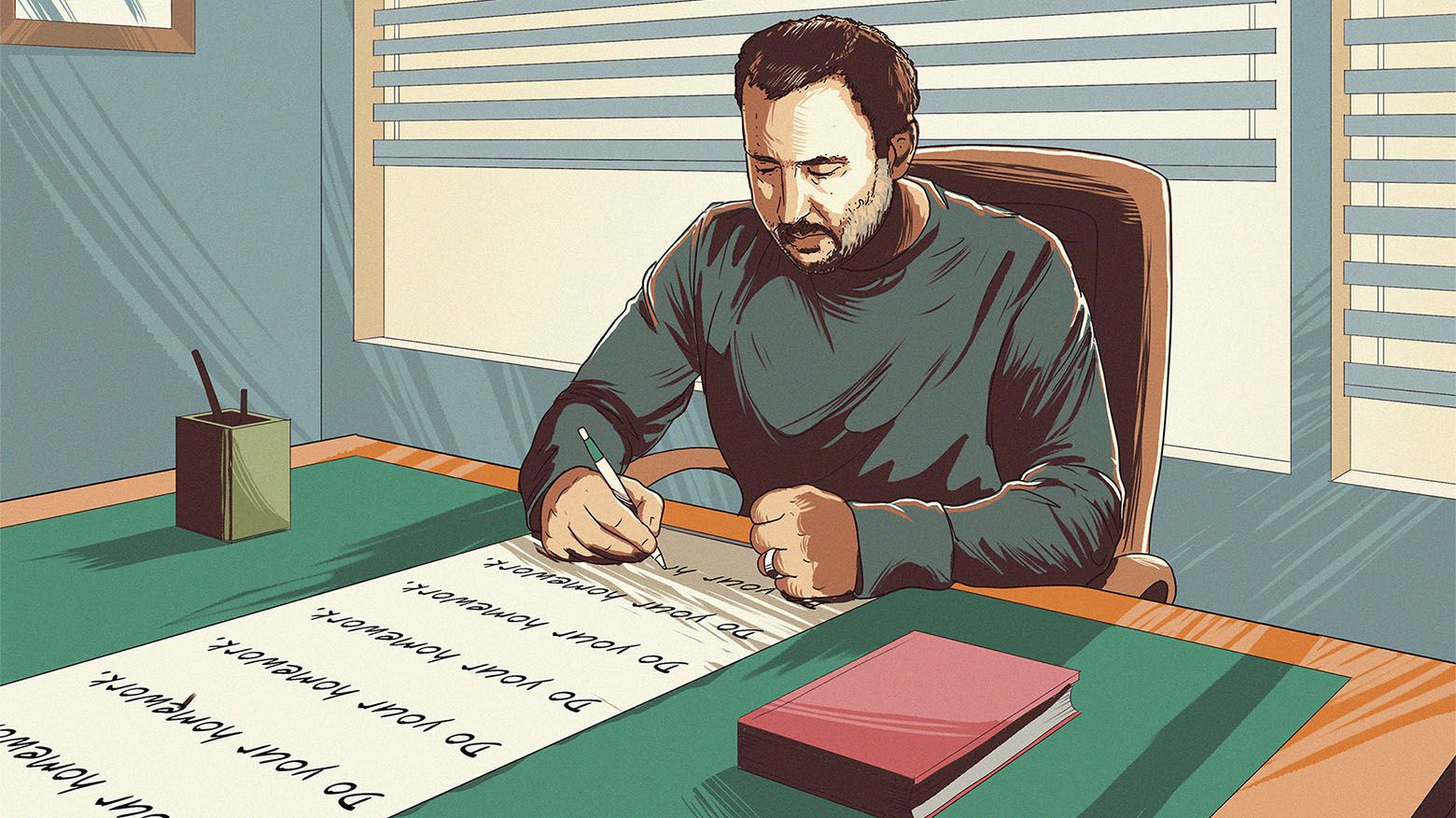This is part 1 of my series on the Russian invasion of Ukraine, you can read the other parts here.
On February 24th the world changed. What I thought could never happen has happened. Russia declared war on Ukraine.
I have not felt this level of sadness in years. I feel like someone close to me died. But I am sitting in my comfortable armchair, with my headphones on, drinking coffee as I write, while somewhere in Ukraine, people just like me are being bombed by Russian artillery. They went from going to Starbucks, shopping, and sharing carefree meals with their families to hiding in subway stations at the first sound of the siren. Hundreds of thousands have been forced to flee to other parts of the country or to Poland.
I have to confess, Ukraine is all I can think about. I don’t want to write about investing. For the last few days, I’ve been writing four, five hours a day. This is my way of dealing with this tragedy and stress. Some people drink, some take up smoking, I write.
I have written quite a lot, and I keep writing. This how I bleed, one word at a time. I am going to break it up into smaller, more readable chunks. I’ll send them out as soon as I finish writing them. You’ll be getting a lot more emails from me than usual. I hope this war ends soon so I can go back to writing on more trivial topics.
By the way, I share my more real-time, unpolished thoughts on Twitter – you can follow me here.
One last thing. If you know any charities that help folks in Ukraine, please send the info to me. I’ll be delighted to donate and will start accumulating a list at the bottom of each email.
Why Was I Blindsided by the War?
Eight days before Russia invaded Ukraine, I wrote an article saying there would be no war. I was certain of it. I was wrong. How could I get it so wrong? The more you knew about the situation, the more likely you were to get it wrong.
Let me take you back to my childhood in Russia. I and everyone around me hated the Nazis with every ounce of our souls. Every other movie made in the Soviet Union was about WWII. A lot of those movies were in black and white. I am not referring just to the color of the film but to the lack of ambiguity of the message: Without provocation, the Nazis invaded the Soviet Union. Russians were good, courageous, honest, peaceful people. Germans were heartless, evil, soulless invaders that slaughtered innocent Russians. Russians were good. Germans were bad.
Reminders about WWII were not just in the movies. We studied the horrors of WWII in school, and then there was the May 9th celebration of Victory Day, when Germany surrendered, on May 9, 1945. Unlike Independence Day in the US, which is just an excuse for BBQ and to sell couches at a 30% discount, May 9th was a day that was truly dear to everyone. We all went out onto the streets to celebrate it. We all knew someone who had fought or died in WWII, and most of our parents had lived through its horrors. WWII is not just an entry in a history book for Russians; its memories and lessons are deeply embedded in Russian culture.
This is the first reason why war with democratic Ukraine seemed unfathomable. Even after it happened, my mind still didn’t want to recognize that at 4 AM – the same hour that Germany attacked the Soviet Union in June, 1941 – Russia invaded and started to bomb Ukraine. This makes Russia just like Nazi Germany – behavior that we despised all our lives.
The Soviet Union was a melting pot. Take my family for example. Three quarters of my ancestors, including my mother, were born in Vitebsk, a small town in Belarus. My father’s father was born in Pavlograd, a city in Ukraine – he was a lieutenant colonel who fought in WWII in the Soviet army. My father was born in Moscow. I was born in Saratov, a city on the Volga River to which my mother’s family evacuated during WWII. From the time I was three months old until I was 18, we lived in Murmansk, in far northwestern Russia. Was I Russian, Ukrainian or Belarusian? Add the fact that I am Jewish to the mix to confuse things a bit more. (I posed this question in the past and tried to answer it here). Most importantly, I am not an exception, but the rule (except for the being Jewish part).
To this day when I say Russia, I catch myself referring to more than just the geographical territory of Russia but not to the whole Soviet Union, either. I am referring to all the Slavic countries, including Russia, Ukraine and Belarus. These countries share a common culture. We watched the same movies, sang the same songs, laughed at the same jokes, and we even spoke the same language. We considered anyone from these republics to be “Russians plus.” The plus being that they had their own cultures and languages, but the Russian language and culture was a common denominator. This was and remains the perspective of my and the older generations that grew up in Soviet Russia. I am sure that today it is not shared by the citizens of the other Slavic countries I mentioned above.
Slavs also look the same. You wouldn’t be able to tell any physical difference between Ukrainians, Byelorussians, and Russians. This point is very important.
I remember visiting the Holocaust Museum in Jerusalem and hearing a story about a group of Jewish refugees from the Soviet Union finding their way to Japan during WWII. Japan and Germany fought on the same side, but Japan did not embrace the German Aryan ideology that wished to purge the human race of Jews.
Germany demanded that the Japanese send these Jewish refugees to Germany. The Japanese were somewhat bewildered by this request. They asked the Jews, “Why do Germans hate you so much?” To answer this question fell on a Rabbi, the head of the group. Just imagine you are this Rabbi, the heaviness of this question. Your answer will decide the fate of hundreds of people, many of them your relatives. The Rabbi thought about it for a few minutes and answered, “They hate us because we look like you.” This brilliant answer saved the lives of these people; they were not shipped to Germany.
It is in our genetic programming that it is easier for us to kill (yes, that is what war is) people that are not like us (from a different tribe). We are more sympathetic to people like us, just as we prioritize our family over strangers. This horrible invasion of Ukraine by Russia is as close as you will come to a civil war between countries that are blood brothers.
Now, combine a shared hatred for behaving like Nazis, a common culture, and physical likeness, and you can you see why this war was unimaginable to anyone who had spent any time in the Soviet Union.
Another thing I missed.
The Russia I knew 30 years ago is gone. The flame of democracy that was lit with Perestroika died out a decade later. Today, Putin’s dictatorial regime is starting to resemble Stalin’s Russia of 1937 or Hitler’s Germany in 1939.
My father always said that Russians may be skeptical of their government, but they love their leaders to death. I have watched interviews with historians who studied Stalin, and they are convinced it was impossible to predict that Stalin would turn into a despot, propped up by a cult of personality, who would kill millions of Russians. I have also read interviews with people who knew Putin well, and there was no sign that he would turn into the dictator that he is today.
But Dalberg-Acton’s quote “Power tends to corrupt, and absolute power corrupts absolutely” is like an immutable law of the human condition. After a while, unlimited power poisons everyone’s soul. You start taking little shortcuts to achieve results that will bring about an even greater good. Little by little, taking shortcuts becomes the norm. The rule of law becomes an inconvenience that you either ignore or change as you wish.
People you surround yourself with may be good people but are terrified of you and thus tell you only what they think you want to hear. You find yourself surrounded by sycophants. You lose touch with the outside world. Money and possessions lose their luster. Power is the only drug you’re after. So, as a dictator you have only two goals – stay in power and get more power. This is why, despite appearances, there are no free elections in Russia and any candidate that dared to run against Putin is either dead or rotting in jail.
Putin did not become a dictator overnight. He became the president of the democratic Russia in 2000. But then he asked for a little bit more power. People loved him and gave it to him. He kept asking for more and more. With every little tweak to the law, the country became a little bit less democratic. Fast forward to today. Putin is a dictator for life and no longer needs to ask. He just takes.
I also missed this point: I was looking at the Ukraine situation from the perspective of Russia. But we are not dealing here with a rational national leader – or at least his rationality has nothing to do with Russia or geopolitics. As we do analysis of the situation going forward, we have to keep this in mind. Putin doesn’t care about Russia; he only cares about Vladimir Putin. Trying to predict what Putin will do to maintain power is very difficult. The are no ex-dictators, there are only dead dictators, and Putin knows it.
This is a lesson not just for Russia but for any democracy, including the United States. The law should not be crafted for a person in office today – no matter how much you admire the person. Never love your politicians unless you are married to them; you lose your objectivity. People change – power corrupts them. Also, you don’t know who will be replacing them. It is a miracle that the US has been a democracy for this long. We should never take it for granted.
I was not going to include music with this email – I don’t feel like writing about composers right now. But then I remembered the origin of Dmitry Shostakovich’s 7th, “Leningrad” Symphony. Listen to it here.
Shostakovich completed it in 1941. He was in Leningrad (now Saint Petersburg), and the city was surrounded by the Nazis, blockaded, completely cut off from the rest of Russia. The Germans were bombing day and night. People were dying of hunger.
This symphony starts out peacefully – the first 7 minutes are just about normal everyday life. Then in minute 7 you start hearing the faint sound of drums – that’s the German army marching on Russia. Minute by minute the drums grow louder, and then all peace is gone and all there is war. This symphony portrays well the irony and tragedy of what is happening right now. If Shostakovich were alive, he would have renamed this symphony “Kiev.”
Next: I’ll discuss how the war with Ukraine has changed the world.
List of charities
(Please send charities my way and this list will grow with each new article!)










Beautiful and captivating. Can’t wait to read the remaining essays. Also, signed up for your classical music Saturdays. I’m kind of excited to learn. Thank you.
“I remember visiting the Holocaust Museum in Jerusalem and hearing a story about a group of Jewish refugees from the Soviet Union finding their way to Japan during WWII.”
Your recollection is garbled. No Soviet Jews fled to Japan. (Credit where credit is due – Soviet Jews did not need to leave the country to escape the Nazis. Also blame where blame is due – they were not allowed to leave the country.) The Jews who went to Japan (and to other areas under Japanese control, such as Shanghai) were from Germany and Poland, stranded in Lithuania. Chiune Sugihara, Japanese consul-general in Lithuania, personally issued 6,000 transit visas, until forced to leave after the USSR annexed the country.
I am an Asimov follower.By pshycohistory Putin would possibly be a MUTANT with an heavy inferiority complex. Remember the Berlin Wall fell when Putin was in charge in East Berlin. Li9ke the MULE we may have to wait for his natural death. Seldon’s plan also did not predict for a MUTANT.
I must comment on this passage:
I and everyone around me hated the Nazis with every ounce of our souls. Every other movie made in the Soviet Union was about WWII. A lot of those movies were in black and white. I am not referring just to the color of the film but to the lack of ambiguity of the message: Without provocation, the Nazis invaded the Soviet Union. Russians were good, courageous, honest, peaceful people. Germans were heartless, evil, soulless invaders that slaughtered innocent Russians. Russians were good. Germans were bad.
— I realize that your sources of information on this situation were heavily biased (by the Soviet government controlling all information)– but, I would HOPE that you have changed your view on this situation substantially since that time– I assume you are familiar (NOW) with the Molotov-Von Ribbentrop “Non-Aggression Pact”– under which Stalin made a deal with the devil (to carve up Poland between Russia and Germany)– Stalin was every bit as evil as Hitler–and Russia was every bit as evil as Germany– ask any Pole– or Finn, for that matter– as Russia committed the EXACT same kind of transgression in 1939 against Poland and Finland that Russia has now committed (TWICE) against Ukraine (in 2014 and now 2022)– even worse, as there is not even the “pretense” of Poland and Finland not really being a separate and distinct nations– Poles and Finns speak their own language (NOT Russian), are NOT Slavs, and had their own countries for many years, when Stalin just unilaterally decided to take half of Poland and also demand a good portion of the only part of Finland that was not frozen year round. When Finland said no, Stalin attacked and tried to take it by force– and was not successful, until he signed the “Non-Aggression Pact” with Hitler, that let Stalin shift more of his forces north to overwhelm the small (MUCH smaller than Ukraine) country of Finland– there were more people in Leningrad/St. Petersburg than in ALL of Finland at the time. So, NO, Russians were NOT “good, courageous, honest, peaceful people”– or at least their Georgian leader at the time was NOT.
Your observation is exactly the one I was going to make.
All that I would add is that there is even more irony to be witnessed here: The massive amounts of resources that Stalin lavished on Germany are what enabled him to invade the Western European countries, along with the assurances that he would not stab Germany in the back while they did so.
I’m sure the propaganda painted the Soviet Union as innocent victim, but the actual fact is that Barbarossa was not a case of innocence attacked; it was more like two thieves falling out in the night over the division of spoils and who was going to run the territory. Stalin was entirely complicit in Hitler’s successes; the fact that he got a knife in the back for his efforts is mere irony.
Unfortunately, the Soviet citizenry paid all of the price for his feckless ambition. At the end of the war, they should have put him on trial for the sheer incompetence of his labors as national leader, because you have to also factor in the various military stupidities that he was responsible for before, during, and after the war. The fact that he is venerated and respected among former victims of the Soviet “experiment” to this day does not say good things about the wisdom of the former Soviet peoples. The man was a murdering lunatic from the earliest of days, unhesitatingly killing his fellow human beings over ideas.
You look back over the span of Russian history, and what you see is an almost pathologic taste for incompetent “strong man” leadership. The relatively sane, the “nice guy” types like Alexander II, Kerensky, and (somewhat) Gorbachev never seem to last very long at the top, mostly because they’re not perceived to be “strong” enough, and they hesitate to kill to stay there. Or, so it appears to the outsider.
Here is another charity worthy of our support: https://www.friendsofjcckrakow.org/ukraine
Hello, Vitaliy
I stumbled on your writings from reading Barry Ritholtz (iirc) and his colleagues, and have been reading your blog for a number of years.
Thank you for writing this specific post, it resonated very much with me (and my wife). Like you, I was born into a Jewish family and raised in the Soviet Union, my parents are from Moldova (bordering with Ukraine), I was born and raised near Novosibirsk, where my father studied and settled. We immigrated to the US in 1993 when I was 17. My wife was born in Bobruisk, Belarus, immigrated to the US when she was 14-15 in the end of 1980s.
What we are seeing is an unfathomable tragedy…
Looking forward to next installments. Be well, and thank you again,
Anatoly Akkerman
P.S.
I am not soliciting for any charities but if you are interested in links, I can send them to you. Full disclosure, those, as well as Tikva Odessa, are ran by Orthodox Jews (like me, I became religious in the US).
Putin may have merged his self identification into his concept of being Russian.
Valuable perspective, thoughfully written. Thanks